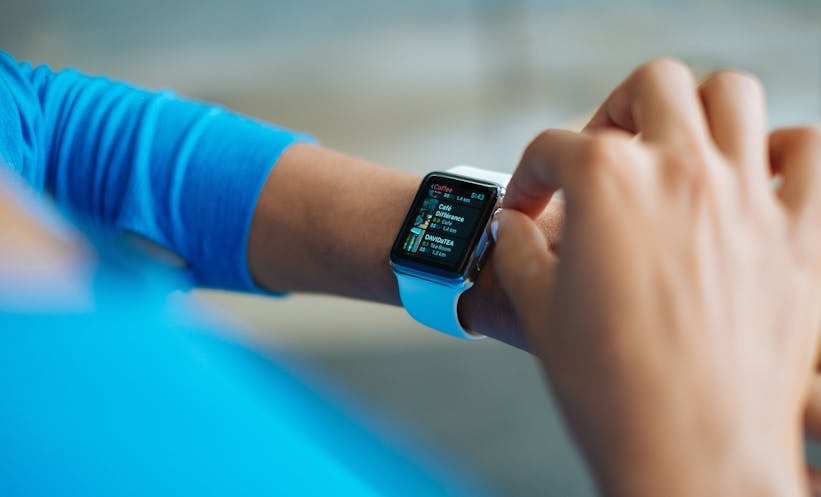A JAPAN-based team has made strides in improving non-invasive blood glucose monitoring technology, a timely development as diabetes rates rise globally. The team published findings detailing a novel signal quality index to enhance the accuracy of smartwatch-based glucose monitoring. This work aims to provide a reliable and accessible alternative to invasive glucose measurement methods.
The study presents a solution to a fundamental challenge: ensuring accurate glucose readings from wearable devices, which often suffer from data inconsistencies due to noise and signal interference. “As smartwatches are widely adopted across different demographics, a reliable, easy-to-implement enhancement method is crucial for addressing the growing demand for non-invasive glucose monitoring,” the lead author stated, explaining the drive behind the study.
The research identifies two primary sources of error in phase delay calculations between oxyhaemoglobin and haemoglobin pulses, which are key for accurate glucose estimation. The team’s innovative preprocessing step involves setting thresholds for allowable error in these phase estimates, filtering out data that do not meet the required quality. Any missing values from filtered data are approximated to improve overall accuracy.
To test this technique, researchers conducted an extended experiment where a healthy individual’s blood glucose levels (BGLs) were monitored during “oral challenges.” Thirty tests were conducted over four months, comparing smartwatch readings against those from a commercial continuous glucose monitoring (CGM) sensor. The results showed a significant improvement in accuracy; using the Parkes error grid, a higher percentage of smartwatch readings were deemed clinically accurate when pre-processed with the screening method.
The authors noted that while this new method enhances smartwatch-based glucose monitoring, current hardware limitations still impact performance compared to smartphone-based alternatives. Upgrading photodetector and amplifier circuits could further boost the accuracy of wearables, paving the way for clinically acceptable smartwatch and smart ring monitoring systems.
This advancement represents a promising step towards equipping diabetes patients with precise, non-invasive tools for better disease management, ultimately improving quality of life.
Reference
Nakazawa T et al. Accuracy enhancement of metabolic index-based blood glucose estimation with a screening process for low-quality data. J Biomed Optics. 2024;29(10):107001.








